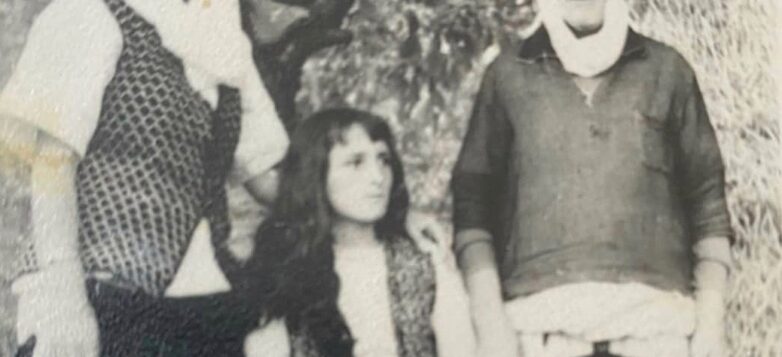81’deki gösterilerin yıl dönümüydü. Kampüste, Öğrenci Merkezinde yaşadım ve kampüsteyken tabii ki benim haberim olmadan hiçbir şey olmadı. Bir şeylerin olması için hazırlandım, çünkü kardeşim de Hareketin bir parçasıydı ve bir şey olursa ne diyeceğimi biliyordum, nerede olduğumu ve bunun arkasındaki nedenleri çok iyi biliyorum.
[…] Yurdun önündeki bahçede arkadaşlarla dışarı çıktım ve kardeşimle görüştüm. Pek çok arkadaşımla, pek çok üniversite meslektaşımla görüştüm. [Polis tarafından] fotoğraflandığımızı bilmiyordum, her hareket fotoğraflandı, bu kadar ağırdı polis önlemleri. Bunun üzerine bizi takip ettiler ve kısa bir süre sonra kardeşim ve arkadaşlarım tutuklandı. Bir kere de üçümüz birden tutuklandık. İşte o zaman biz soruşturmadayken işkenceler ve hapis cezası üzerine kararlar alınmaya başladı.
Çok, çok korkunç bir dönemdi çünkü ne söylediğinizin farkında olmanız gerekiyordu. Benim endişem başkalarını korumaktı, kendim için endişelenmiyordum. […] Ama benden üç yaş büyük olan ağabeyimin daha cesur olduğunu ve bana ‘Tek kelime etme!’ dediğini hatırlıyorum. Sadece bunu hatırlıyorum.
Zyrafete Berisha Lushaj, 1962 yılında Deçan Belediyesine bağlı Pozhar köyünde doğdu. 1982 yılında Priştine Üniversitesi Filoloji Fakültesi Arnavut Dili ve Edebiyatı Bölümü’ne girdi. Bayan Berisha-Lushaj beş yıl eğitim alanında ve bir yıl boyunca Şehir Kütüphanesinde gönüllü olarak çalıştı. Bayan Zyrafete beş çocuk annesi olup ailesiyle birlikte Deçan’da yaşamaktadır.
